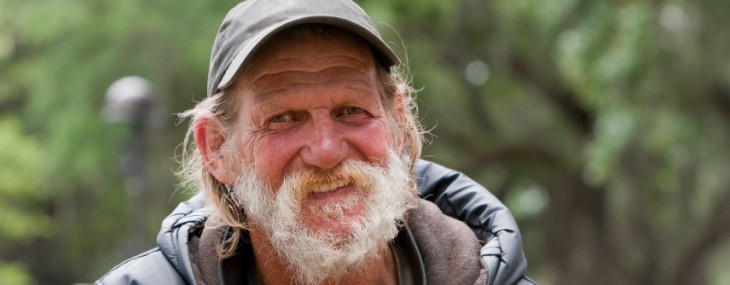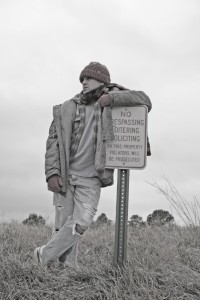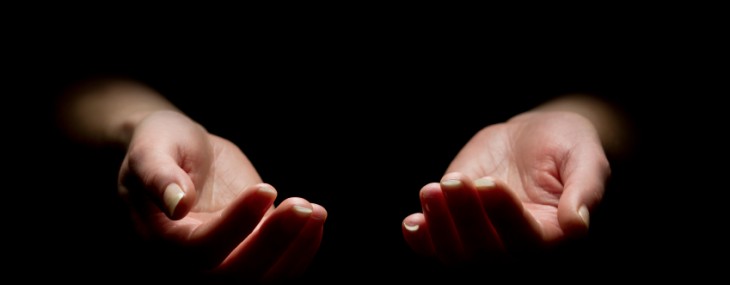 “People, especially men, hate being alone with their thoughts,” said reporter Rachel Feltman in The Washington Post.[1] Humans would rather be distracted than endure solitude, according to a recent study. What’s really baffling is we’re talking about a fifteen-minute experiment!
“People, especially men, hate being alone with their thoughts,” said reporter Rachel Feltman in The Washington Post.[1] Humans would rather be distracted than endure solitude, according to a recent study. What’s really baffling is we’re talking about a fifteen-minute experiment!
“People usually think of mind-wandering as being a bad thing, because it interrupts when you’re trying to pay attention,” stated Timothy D. Wilson, a psychology professor at the University of Virginia and lead author of the study. “But we wanted to see what happens when mind-wandering is the goal.” The results showed that “people didn’t like it much and found it hard.”
That article amazed me. It’s not how I feel about solitude, but in a way, it shouldn’t be surprising. The modern world has morphed into a culture of distractions with the Internet, smartphones, and social media.
So what? Why does that matter?
Because, as Feltman pointed out, “the ability to let the mind wander has been linked to greater working memory and increased creativity.” A lot of creativity is about forming connections between things in an unfolding sequence.
In another study, MRI brain scans confirmed that certain parts of the brain’s cortex are wildly active when people rest, daydream or allow their minds to wander.[2] It makes sense when you think about dreams. The brain is awake, though our bodies are asleep. In the same way, our minds can work in a different way when Continue reading













